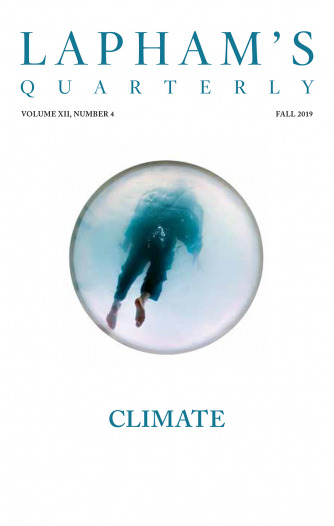
Archilochus
From a fragment. Among the most ancient of Greek lyric poets whose work survives, Archilochus is noted for the personal nature of his writing. Most of his biographical details derive from his poetry: he mentions the reign of the Lydian king Gyges (c. 680–c. 645 bc), refers to a solar eclipse that took place in 648 bc, and says of soldiering, “Some Thracian is waving the shield I reluctantly left/by a bush, a flawless piece./So what? I saved myself. Forget the shield./I will get another, no worse.”
